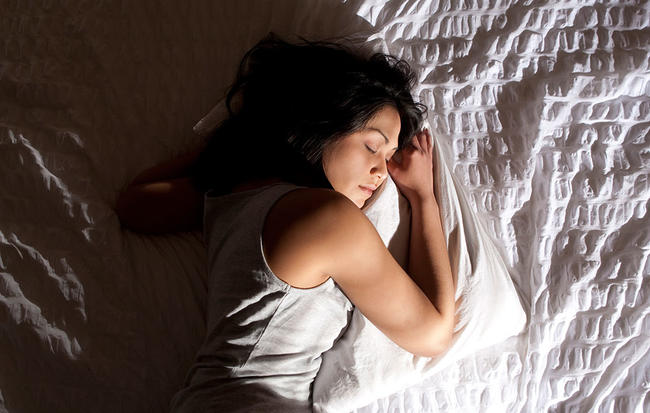Pretty much everyone knows that lack of sleep causes fatigue and performance deficiencies, but the worst part is that you stop being aware of these ill-effects after a couple of days. You actually get used to functioning in a fatigued state, yet you don’t realize that you’re overtired and not performing at your best. Sleep-deprived fatigue becomes your new normal.
One of the biggest downsides to this fatigue is that it will make you burn fewer calories. This is because you’ll tend to move less during the day and also because your body will become more conservative with the number of calories you burn overall. Both of these occurrences are a huge barrier to rapid fat loss, as they are the total opposite of what you need to happen. You need greater energy output, and you need your body to become more frivolous, not conservative, with the amount of calories that it burns each day.
How does inadequate sleep cause you to burn fewer calories during the day? It causes changes to your metabolism, particularly your resting metabolic rate and postmeal calorie burning. Resting metabolic rate is essentially the total amount of calories that you burn each day if you were to lie in bed all day. When you don’t get enough sleep, this amount is decreased—putting you behind the eight ball before the day even starts.
After you eat a meal, your body’s metabolism ramps up. It burns more calories, especially if you have a higher-protein meal, as it digests and processes the foods that you eat. When you aren’t getting enough sleep, this postmeal metabolic bump can be 20 percent lower.
As fatigue increases with sleep deprivation, you can imagine that your motivation to be more active will wane as well (so use these tips to skyrocket your motivation). Even if you honor your commitments and complete all of your workouts, you’ll still move less during the day. Studies involving sleep deprivation and daily activity have shown that getting just 5.5 hours of sleep per night can lead to a 33 percent reduction in total activity for the day.












